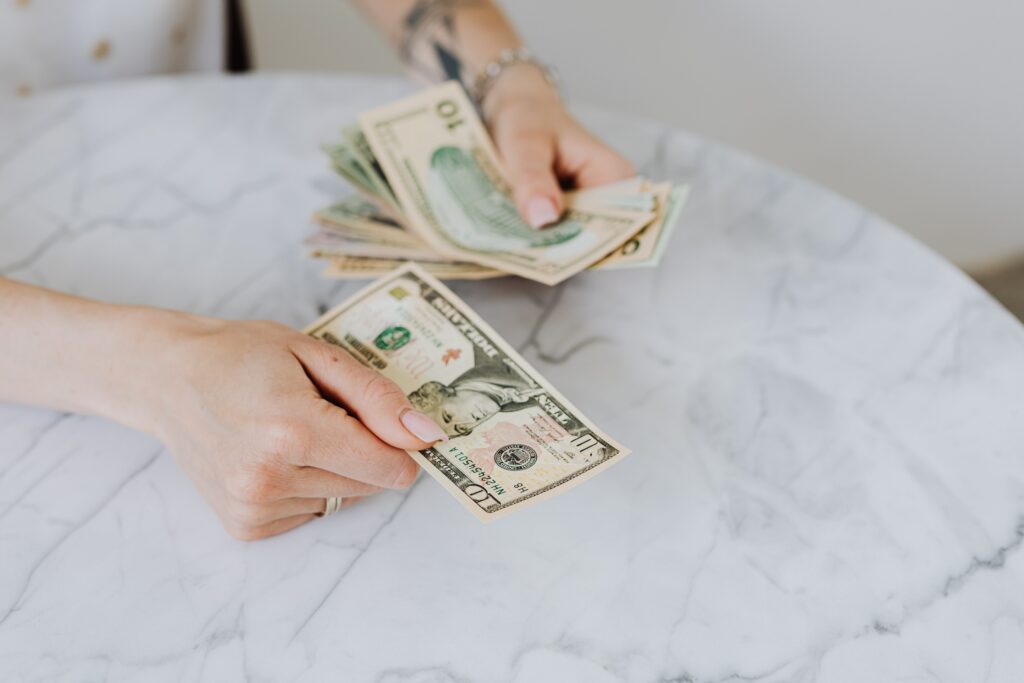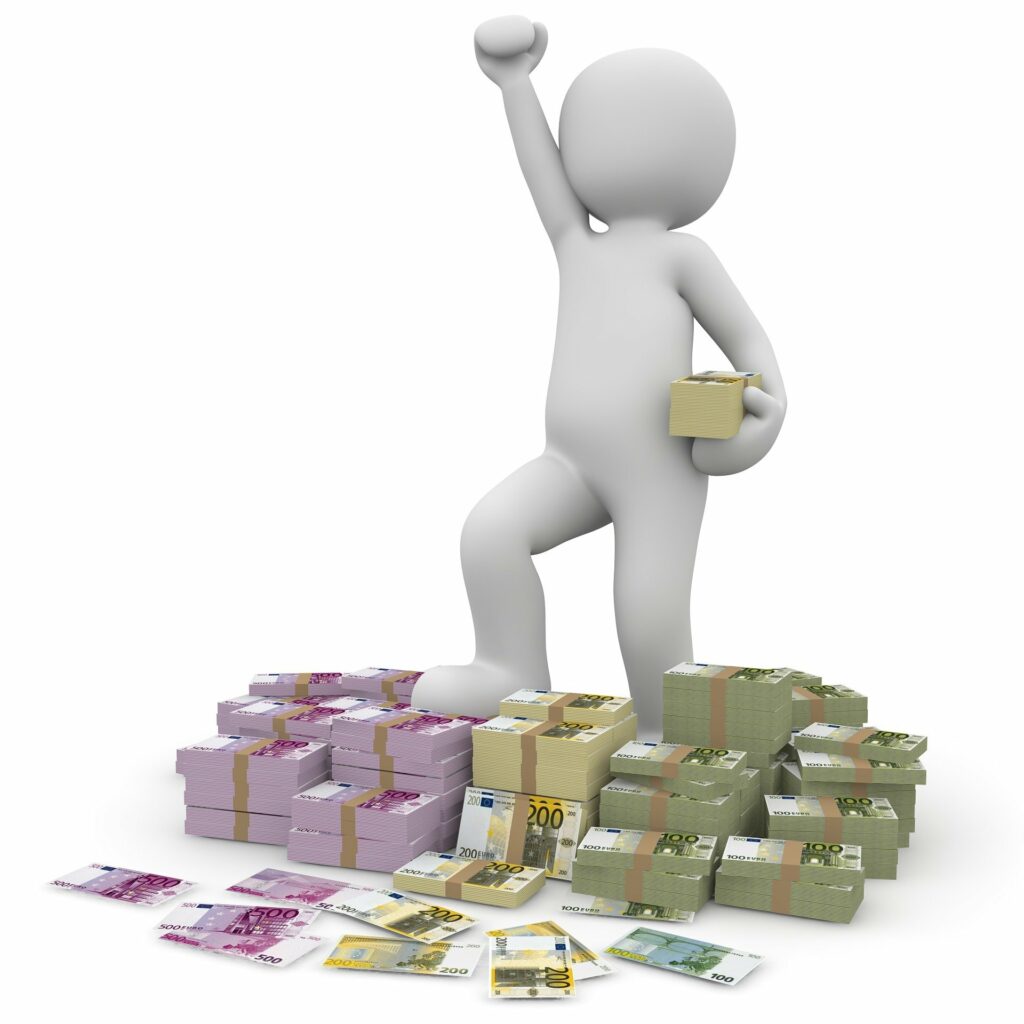
Business owners work hard to set up their businesses and generate profits. During the first few years of business, business owners often sacrifice personal needs in order to reinvest the profits they may have generated back into the company to help it grow. At a later point in time, it may be that the business is now generating enough revenue for the owner to take out some cash for their personal use, be it for improving their lifestyle in general, or fulfilling any other family need. However, withdrawing cash from the business is not as simple as it sounds and comes with implications in the form of taxes. How a business owner withdraws money from their business may result in a high or low tax bill depending upon the method used.
Business owners in Canada might often wonder how they can pay themselves from their businesses without having to pay too much in taxes, or what might be the best method to pay themselves from their businesses. There is no one rule fit for all when it comes to withdrawing money from your corporation. What might be the best fit for one corporation might not be suitable for another one. Several factors may influence it including the tax rates where you reside, the tax rates where your business operates, how much cash you require to withdraw and what tax attributes your corporation possesses?
Salaries and Bonuses
One way owners can withdraw money from their businesses is by remunerating themselves as well as any other family members that might be working for them. This allows them to add their withdrawal from the corporation as salary expense for the company, thus excluding it from the tax for the corporation and including the income in personal income tax. However, it is pertinent to note that the salary or any other bonus set by the owner for themselves or family members should be at par with an unrelated employee performing the same tasks for the company. The owner may set up higher remuneration or bonuses for themselves as the tasks they perform are more diverse and require their special skills. The Canada Revenue Agency would not question the amount that is paid by a Canadian-Controlled Private Corporation to its Canadian resident owner who actively participates within the operations of their company. This option also creates room for Registered Retirement Savings Plan (RRSP) contributions for the owner. The business owner’s salary may be higher than those of others.
Taxable Dividend
Another answer to the question of what might be the best way to pay yourself from your business lies in taxable dividends. Dividends are the earnings a corporation retains after paying off taxes from their net profits. They are distributed to the shareholders of a company, thus the owner and other family members they may wish to pay must be shareholders of the corporation either directly or indirectly, even if they do not work for the business. It is taxed more efficiently than the salary as the tax rate depends upon the characteristic of the dividend. But they can result in a reduction to Old Age Security Benefits because of the dividend gross-up mechanism. To make this a tax-efficient method it is crucial to consider both TOSI (tax on split income) rules and corporate attribution rules.

Capital Dividend
Owners or managers may pay themselves a capital dividend. All corporations have a capital dividend account. A capital dividend is also known as a return of capital and is a payment made to a company’s shareholders from its Capital Dividend Account or shareholder’s equity where the balance is positive. Positive balance mostly incurs from net capital gains, so the owner must pay a capital dividend as soon as capital gains incur to avoid the realization of capital losses. They can be paid as a non-taxable dividend to the shareholders.
Optimization of Salary Vs Dividend Mix
Owner withdrawal from the corporation can be a mix of both salaries as well as dividends. However various aspects can make this a complicated option. To find an option that best fits your needs you can book a consultation with one of our team members.
Hard “ACB” Into Cash
For people who purchased their businesses from someone else, it might be possible that the shares they bought have a hard-adjusted cost base (ACB), which may become relevant when you plan to withdraw money from your business. ACB is a tax term and refers to the amount that you paid for your shares and can be converted into cash.
Repaying Shareholder Loans
Sometimes the business owners lend money to the business in a form of a shareholder loan. If your business is generating revenue now, it might be a good time to consider the repayment of that loan as it will be a tax-free distribution. However, if you receive any amount as interest for the loan, it may be included in your taxable income as investment income.
Planning an Appropriate Way
Determining and planning the most appropriate way suitable for your business can be tricky. How to claim business expenses without income in Canada can be different for each corporation and may vary depending upon various factors. The above-mentioned options are available as a general guideline but the best possible avenue for your corporation can only be determined with the help of a tax advisor or an expert in this field as different options can have different tax consequences. The owner-manager may consider making a direct withdrawal as the easy way out however according to Income Tax Act (ITA) such amounts are subject to personal taxation.
Frequently Asked Questions
1. How do you take money out of your business tax-free?
There is no single way to determine that for a business. Several options can work in your favor depending upon various factors like the kind of business you own, the federal and provincial tax rates where you live, and where your business is located.
2. How can I take money out of my limited company without paying taxes?
Different options work for different corporations. The best possible way can be any of the ones listed above but can only be determined by a tax advisor.
3. How can I withdraw money from my business account?
You can either withdraw it as a salary or a bonus or pay it to yourself as a dividend. However, it is better if you do not make a direct withdrawal as it may lead to higher personal taxes.
4. What is the best way to pay yourself for your business?
There is no single way that can be deemed as best to pay yourself from the business. The best fit for another corporation may not be suitable at all for your business. The one method that suits you best can only be determined by a taxation expert. The one method that suits you best can only be determined by a taxation expert.